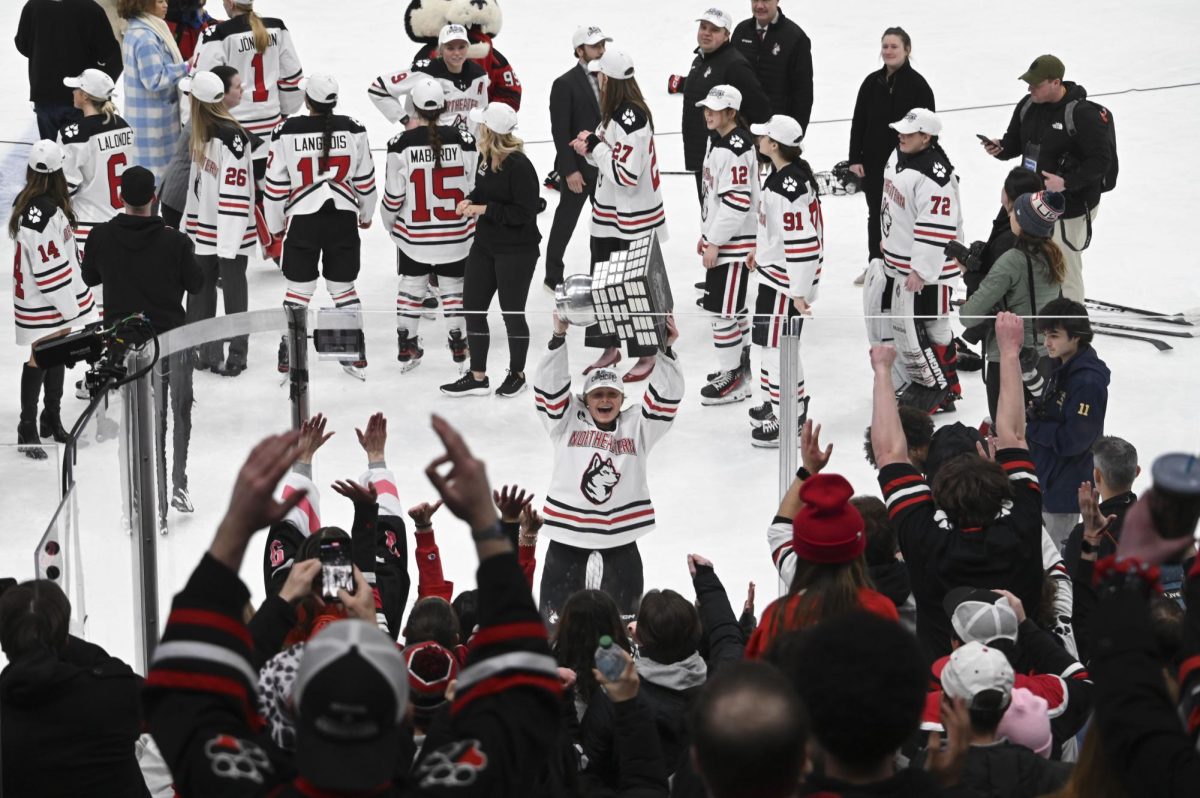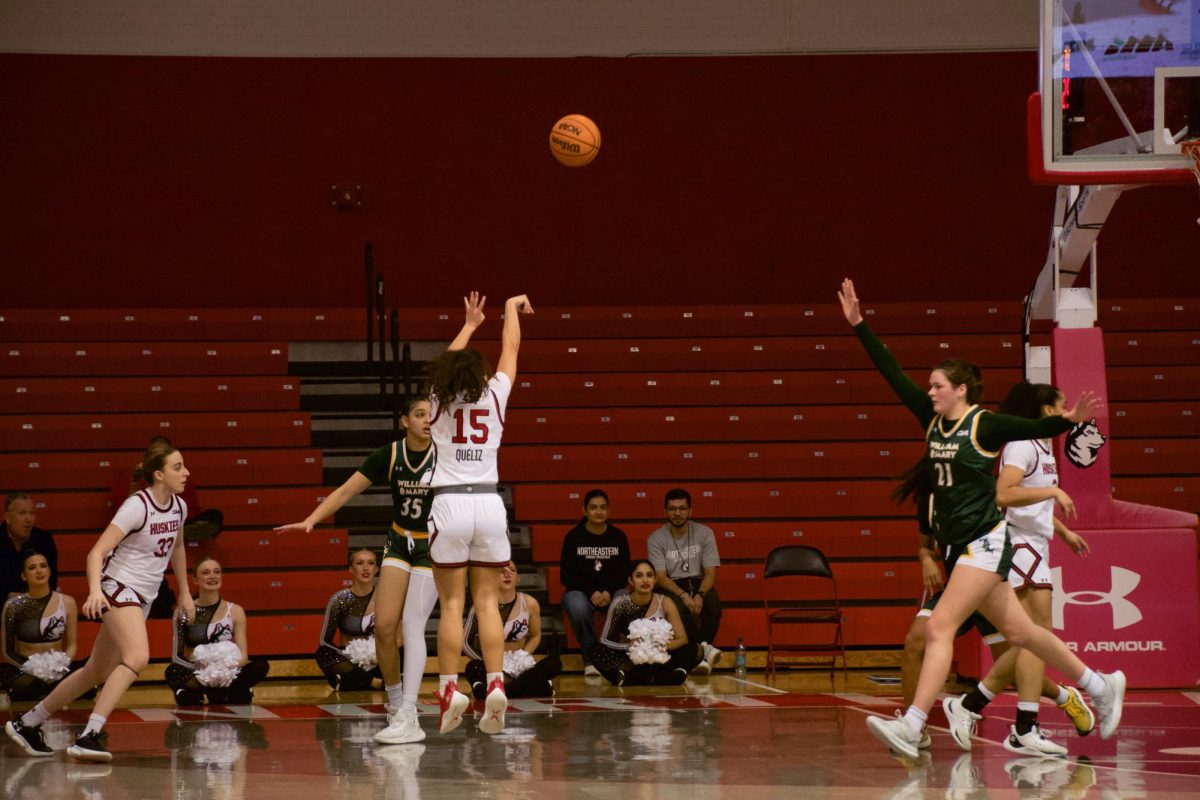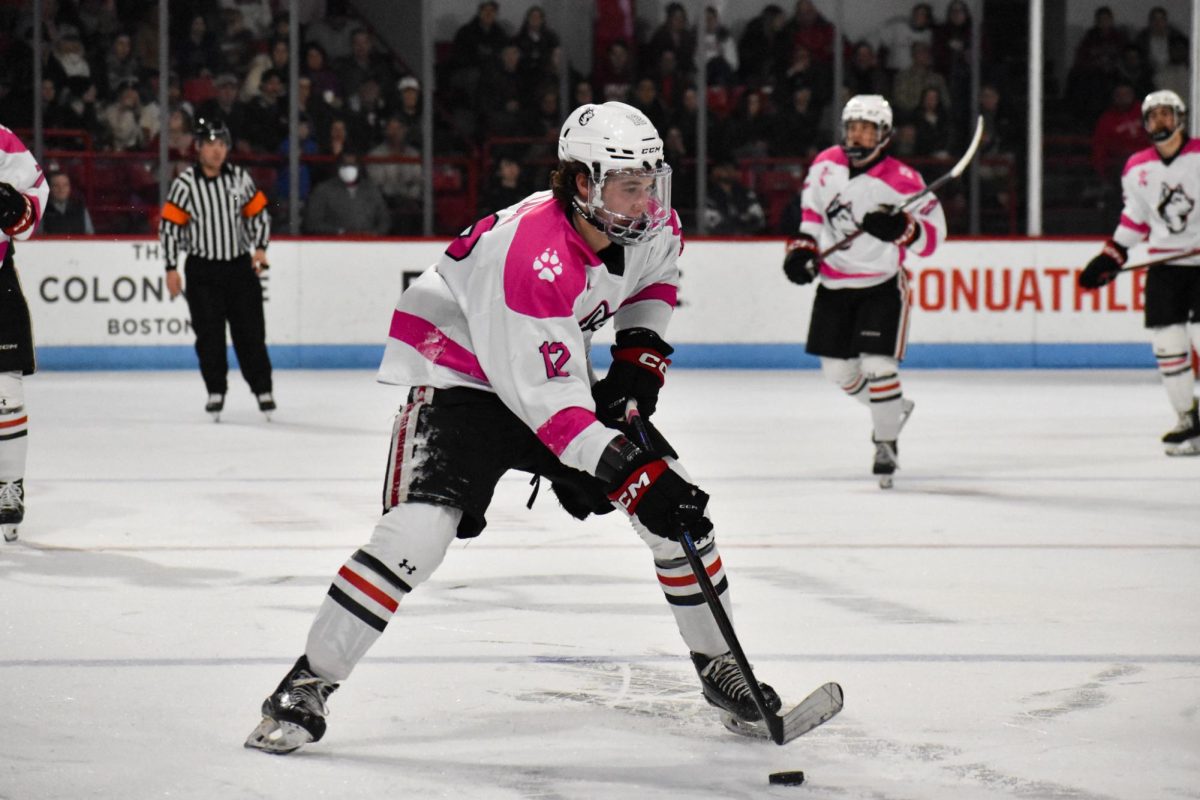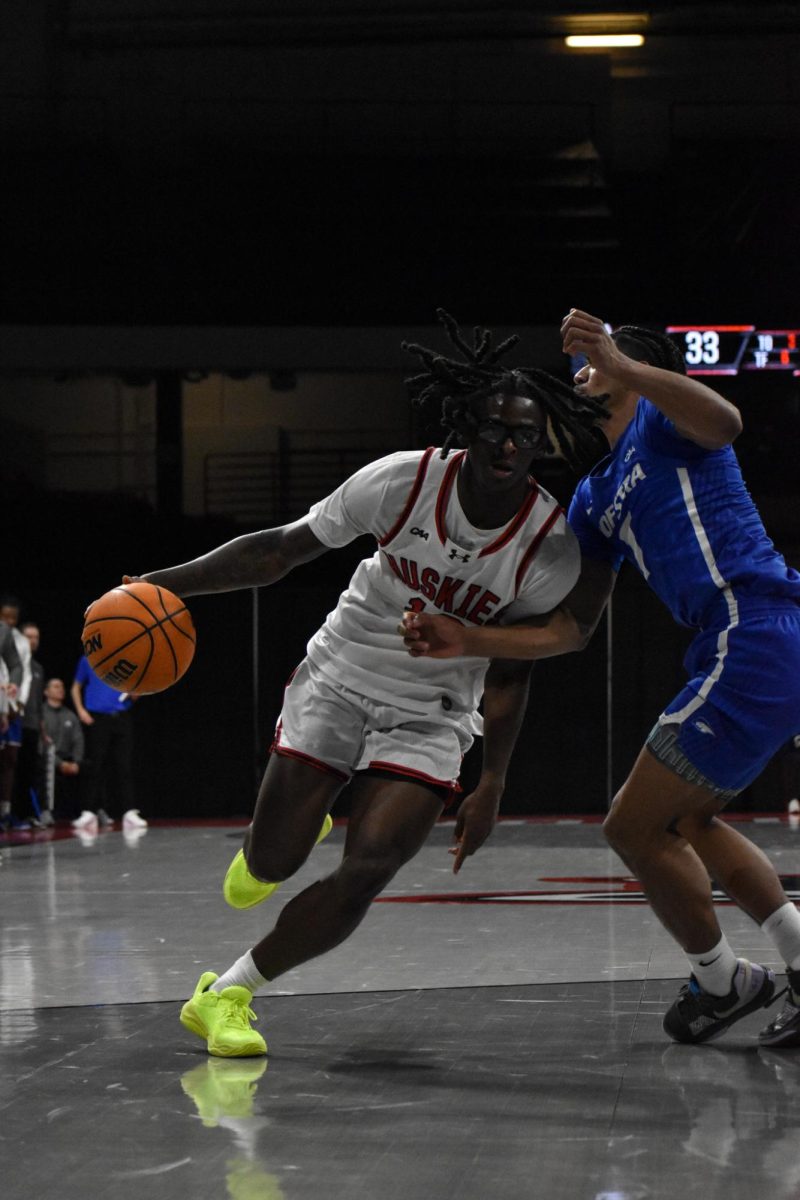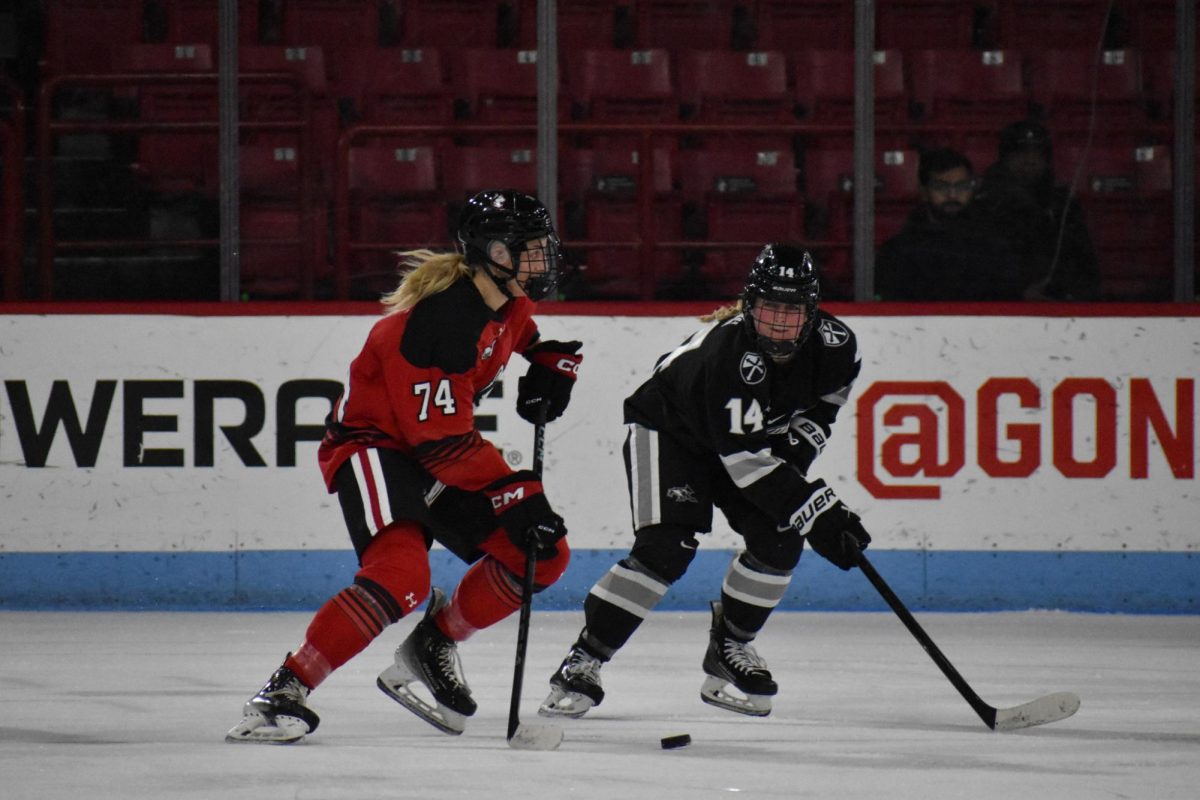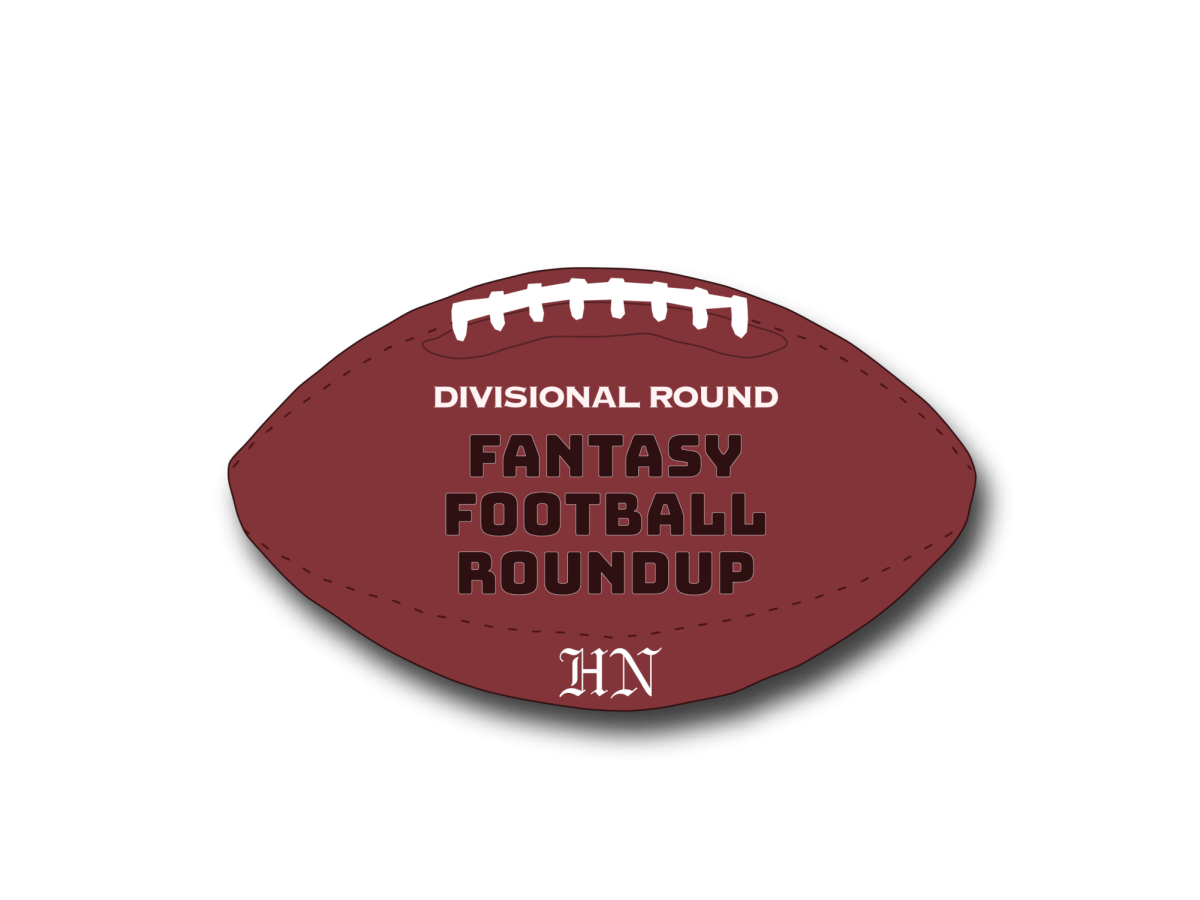Jill Saftel, News Staff
“If you can play, you can play.”
It may sound like a straightforward sentence, but for the Northeastern Athletics department and the dozens of other sports organizations who have joined the You Can Play Project in support of lesbian, gay, bisexual and transgender (LGBT) athletes, those words hold a lot of meaning.
For Athletics Director Peter Roby, those words represent his department’s dedication to its stated core value around appreciation and difference.
“I don’t think you can just put things on paper and say that you believe in certain values. You have to activate that belief and live it every day,” Roby said. “We try to create a culture here where people feel welcome and respected and safe.”
The You Can Play project — founded by Patrick Burke, a scout for the NHL’s Philadelphia Flyers, Brian Kitts, a professor at the University of Denver who spent nine years in sports marketing, and Glenn Witman, founder of GForce, a hockey team comprised of gay athletes — aims to create equality within sports regardless of sexual orientation. Burke’s younger brother, Brendan, an openly gay athlete and equipment manager for the Miami (Ohio) University Redhawks men’s ice hockey team, worked to raise awareness for LGBT athletes.
Brendan died in a car accident in February 2010, and his older brother, Patrick, along with their father, Brian Burke, general manager of the Toronto Maple Leafs, have carried on Brendan’s legacy of equality through the You Can Play Project.
Northeastern joined NHL and collegiate athletes when it made its own You Can Play video last month. More than 50 Northeastern coaches, student-athletes and fans appeared in the public service announcement voicing their support and acceptance of LGBT athletes. The video was uploaded to Northeastern’s YouTube channel May 23 and has nearly 1,500 views.
However, Northeastern’s involvement with the cause can be traced back to the fall, when Husky athletes participated in a panel hosted by GForce. Founded by Witman, the team is a You Can Play partner composed of LGBT athletes traveling the country to conduct panels that allow gay athletes to openly speak in a safe and comfortable environment.
That connection led Northeastern’s athletic department to invite GForce back to campus to hold a broader panel discussion at Blackman Auditorium in March. With more connections, Roby said some of his staff, namely strength and conditioning coach Sarah Cahill, asked the department if it wanted to participate in the You Can Play video project.
“This request to support the You Can Play Project seemed very consistent with that core value around appreciation and difference, so when the request came it was really easy for us to say we wanted to participate in it,” Roby said.
When Cahill asked women’s hockey player Kelly Wallace to help spread the word and get people involved in the Northeastern video, Wallace said she didn’t hesitate, writing about the cause on Twitter and sending a video out to her friends.
“There’s nothing I could be more proud of than to say that I’m a Husky and to know there are people in our community who are gay, bi[sexual], lesbian and transgender, it doesn’t matter to me,” Wallace said. “If anything it makes you more proud because if they’re going to be open about it, it means they’re proud of who they are. To have people in our community who are so strong in who they are — those are the type of people you want.”
Roby said the large turnout at the open casting call for the video is a source of pride for himself and his staff in the Athletics department.
“It says that we have a culture here that’s welcoming, respectful and inclusive,” he said. “We have athletes and staff that really care about each other that want to make everybody feel like they are part of a large community.”
While the video was a step in the right direction, Roby and Wallace both know the work didn’t end there.
Wallace said that in a liberal city like Boston, to be the first area school to step up is something special, but she looks forward to seeing more involvement from other area schools as well as schools involved with Northeastern through conference play.
“Hopefully now that we’ve done this more athletes will feel more comfortable coming out and being more public about it,” she said.
With an influx of freshmen student-athletes coming in each fall and new coaches and staff entering on a regular basis, Roby said, it cannot be assumed that people will adopt the movement just by virtue of what’s written. He said he wants to continue to do things like partner with You Can Play and GForce to provide training to his athletes and staff and be an example among peer groups and other athletic programs.
“When you put that kind of value in writing, you’re saying that this is important enough that we want to be held accountable for it,” he said. “I hope that we will continue to be measured and people will hold us accountable if we are not creating the kind of environment that we say we espouse to so that we can try to fix it, because that is something that is really important to us.”


